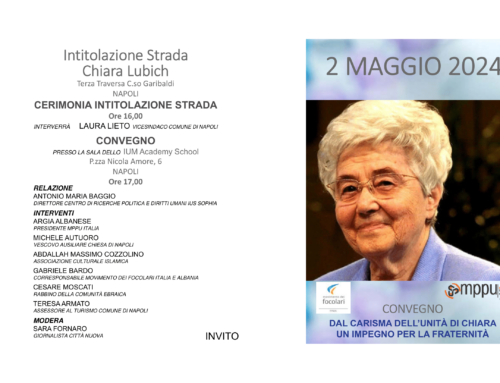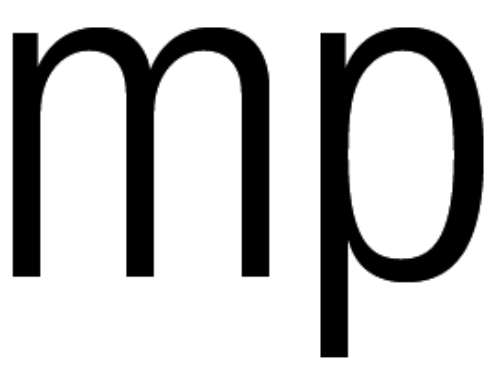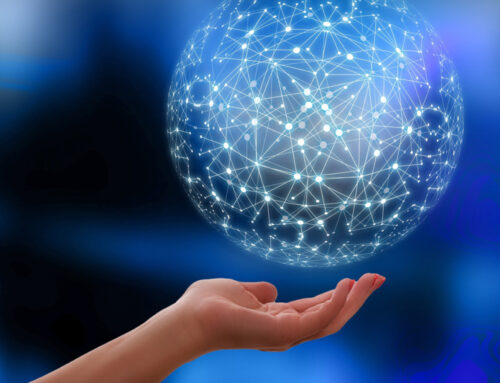Author: Chiara Galbersanini
Source: Città Nuova
The online seminar “From dialogue to poly-logos. Mediterranean and beyond. A relational path on identity, consensus, collaboration,” in light of the meeting of the Mediterranean Bishops and Mayors in Florence, has just ended.
The seminar that took place from February 18-20 preceded the big meeting of bishops from the Mediterranean Churches and the big meeting of Mediterranean mayors about to take place from the 23rd to the 27th in Florence. It stems from a journey begun about a year ago with professors from various disciplines (from law to political science, from theology to international relations, from communication to pedagogy) and with professionals with experience of dialogue on several fronts, in order to question and discuss a sensitive issue in these weeks of danger for European peace and fraternity: what is the key to dialogue, if it can be defined?
Is it a mode of communicative action or does it imply something else? When can it be defined as a dynamic process, capable of producing transforming effects? And still: does it suffice to speak of dialogue or, in a plural and complex world, would it be more appropriate to speak of polylogue or poly-logos, a concept we find in the sociologist Bauman that highlights both the different levels of dialogue itself and the multiplicity of human truths?
The seminar was organized by Sophia Global Studies in collaboration with various realities and study centers working in the field of dialogue (the Net ONE network, the Città Nuova publishing group, the International Center of the MPPU, the Dialop project, the Center for Interreligious Dialogue of the Focolare Movement, the Giorgio la Pira International Center, the Sophia Network for Eastern Europe and the University of Perugia’s International Human-being Center within its department of Philosophy, Human Social Sciences and Education).
The three days of debate and discussion offered theoretical sessions, case studies and round tables, with attendance of about seventy students, PhD candidates and professionals. The three main macro-areas of study: communicative dialogue, interreligious dialogue and political dialogue on a local and global scale.
We therefore asked three experts in dialogue – Prof. Roberto Catalano, an expert in inter-religious dialogue and lecturer at the Sophia University Institute with a long experience of dialogue developed in India; Dr. Lucia Fronza Crepaz, a pediatrician involved in various projects of active citizenship among youth, citizens and administrators; Prof. Michele Zanzucchi, former director of Città Nuova and lecturer in communication at the Sophia University Institute with important experience in the field of dialogical journalism – to offer a taste of what emerged from the debate and discussion.
Prof. Roberto Catalano, what does it mean to dialogue in the interreligious field? Are there any obstacles that are insurmountable for dialogue? With what implications?
Today, cultures–and with them religions–are the area where, in all probability, one builds the culture of dialogue with repercussions at different levels and contexts. Effectively, in a world that is not only increasingly global and further “globalized” by a pandemic, but also studded with increasingly dangerous identity outbreaks, dialogue remains the only way of survival. Men and women of faith are called to demonstrate with facts, courage and creativity that religions are a potential but effective solution to all tensions and fractures. These processes are not simple. The most complex obstacle is represented, probably, by the stereotypes that have been created over time and that continue to play a fundamental role in the persistence of a culture of hatred, waste and confrontation. Obviously it is essential for religions to work with men and women engaged in politics and in the world of communications. There we find the points crucial for the manipulation of religions and the creation of destructive imagery. Together we must dedicate ourselves to disconnect from these perverse mechanisms that systematically lead to confrontation rather than encounter.
Dr. Lucia Fronza Crepaz, it seems almost unthinkable to associate the term dialogue with the political sphere, immersed as we are in a social and ideological polarization that divides, creating tension and conflict. What transforming effect could dialogue have in the political sphere and, alongside it, the poly-logos?
I must say that during the three days of the seminar, spent indulging in a virtuous circulation of ideas and comparison between theoretical, historical, philosophical and political insights, with the exchange of very different dialogical experiences in the field, we all found ourselves, believers and people with other value references, seeing as possible the unpacking of what seems oxymoronic: political dialog – dialogue and politics. This methodology is perhaps the first indication to highlight: dialogue as an effective methodology for a politics that is once again capable of results. None of us stopped to analyze “the night:” we aligned ourselves, without hiding the problems, with the dawn to recognize the many, many positive signs that we already see. The epochal crisis we are living through, which today’s politics has also contributed to worsen, is, in its uncertainty, a moment of great opportunity: how many times have we experienced that if we remain on our feet, recognizing the same difficulties in others, sharing the responsibility of giving answers to those who have no voice, hope is born even at the height of despair! Some key words resonated both from the doctrinal and the experiential front through the case studies: an alliance between attentive, critical citizens and institutions that allow themselves to be transformed; trust and mediation in need of a new re-semantization; participatory practices taken seriously as methodologies capable of generating reciprocity between democratic subjects with different roles but equal in responsibility. There will be no lack of work, but increasingly accentuated inequality, old and new wars linked to an economic system that feeds them, can become an engine to accelerate the transformation. Reforms are no longer enough. What is needed is a real and true transformation that sees dialogues open to 360° within culture and among political cultures, based on processes and experiences already in place. A dialogue between different institutional levels, starting with the cities. And then intergenerational dialogues. In short, only a Polilogos will save the art of good governance and a politics at the service of the unity of the human family.
Prof. Michele Zanzucchi, the world of communication, the media and the digital is going through a moment of crisis and transition. How does dialogue fit into this dynamic? What does a multi-dialogical approach offer and produce in the reading of a complex reality and in its communication towards the outside world?
From the communicative point of view, as Fadi Chehadé, former director of ICAAN, has well highlighted, dialogue is an indispensable aspect in the diffusion of ever-renewed digital tools. The web was born in a dialogic form, but due to the development of unreconciling algorithms, it has taken on a conflictual dimension in many areas. Above all, the divide in the digital field between the US and China. It is therefore necessary to reaffirm the intrinsically dialogic nature of the digital world. And this requires journalists and communicators who dialogue. In a fruitful debate with the director of La Nazione, Agnese Pini, it became clear that journalism, tossed around and threatened in its foundations by the digital revolution, needs professionals who are willing to become intimately familiar with the innovative tools of communication and information that gradually appear, but with the awareness that to dialogue is essential in order to provide fake-free information with the human person at the center of communication rather than partisan interests.
The seminar concluded with the awareness that the path taken so far requires continuation, both to promote greater relational and planned cohesion in contemporary society, in its various levels of articulation (interpersonal, social, political; local, national, global), and also to open up further paths of study and sharing, imagining new areas of application, unprecedented models and scenarios of a multi-dialogical approach in social, theological, communicative and political action.





Leave A Comment